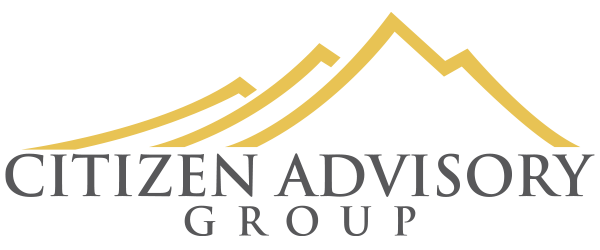In little time, the temporary and deflationary change that COVID-19 brought reversed into another leg up for the business cycle and inflation. Trillions of dollars went into the economy to keep expenditures upright through the pandemic. Without the increase in money supply, government loans, and transfer payments, the economy may have gone into a depression. Giving economic support was seemingly necessary, but it also changed the systemic risks that investors face moving forward.
Today’s low return and rising price environment are accomplishing their intended effects in the economy, but the same monetary climate has likely altered the path of future financial returns. For the economy, a consumption rebound just took place on methods that effectually borrow from future consumption. Therefore, all of the debt accumulation that went into supporting consumption during the COVID-19 crisis has probably come with the chance of less consumption once the economy enters the payback period. The payback period could take shape in the form of higher taxes. It may also require a higher percentage of business profits to pay back old debts if balance sheet deleveraging becomes a requirement. Higher taxes and future debt service could subtract from future shareholder distributions and produce a different path for financial returns.
However, being in a low-return environment is helping to support risky ventures in the hopes that these investments will realize a long life of usefulness. Doing things to drive the cost of capital to zero may result in an innovative breakthrough. For example, a significant amount of money has gone into financing companies linked to clean energy projects, social finance, and software development. Some of these investment projects could have huge societal payoffs, assuming that they can improve the quality of life or even raise productivity standards. Low returns and low borrowing costs are opposite sides of the same thing and act as agents for the next investment boom.
Still, overly optimistic and wasteful investment expenditures could produce excesses in capital pricing and lead to a net overall economic loss. Moreover, paybacks on unproven investment projects may never come. If the investment required to enter a venture is so high compared to its future return of capital, the internal returns that define the project might already measure out to nearly zero. Going public in today’s market with a suitable business model can mean an immediate multi-billion-dollar valuation. In many instances, these business models have not established a track record. They may currently lack merit based on fundamentals and derive all of their present value from expectations for the future.
The present SPAC (Special Purpose Acquisition Company) situation is helping to rapidly expand investment before investors can obtain all of the facts. Companies turning public in a SPAC can avoid the traditional underwriting channels and obtain public market financing more efficiently. However, the awards given to ventures and the people who help raise SPAC money could come at the detriment of public investors. Still, investment vehicles like SPACs are usually a sign of a lot of excess liquidity in markets. Today’s compressed yield spreads on high-yield debt is another picture of excess liquidity pushing down yield premiums to take on risk. The federal government plays a part in encouraging investment. Congress seems close to passing another trillion-dollar bill that would invest in the infrastructure of the economy. Fortunately, a good chunk of money is for road and bridge repair. Still, speculative investment in new technology like electric vehicles and battery refuel stations are other fiscal objectives. More government spending will further expand the financial economy. Hopefully, such an expansion will result in productive growth; otherwise, price and valuation uncertainty could be what is in store.
It’s not that present market conditions are wrong. For example, if new technologies experience a massive breakthrough moment, then present valuations might be set too low, and inflation expectations could verge on being too high. But investors should still have a level of awareness for what is happening between the exchange of risk and return. Then they can be in a better place to plan and make appropriate and controlled investment decisions. The practice of planning has many components that include decisions made around asset allocation, investment concentrations, tax planning, retirement income planning, and estate planning. Therefore, it is essential to understand the changes occurring in capital markets and the global economy and implement comprehensive financial planning decisions accordingly.
Citizen Advisory Group is a comprehensive financial services firm that helps Northwest Ohio and Southeast Michigan’s soon to be retired and retired residents effectively plan for and prepare for life’s greatest journey. In addition to helping clients with their finances, Citizen Advisory Group offers monthly health and wellness events.
Please call 419-872-0204 for a complimentary consultation to review your individual situation.
Investment advisory and financial planning services offered through Advisory Alpha, LLC, a Registered Investment Advisor. Insurance, Consulting, and Education services offered through Citizen Advisory Group. Citizen Advisory Group is a separate and unaffiliated entity from Advisory Alpha.



